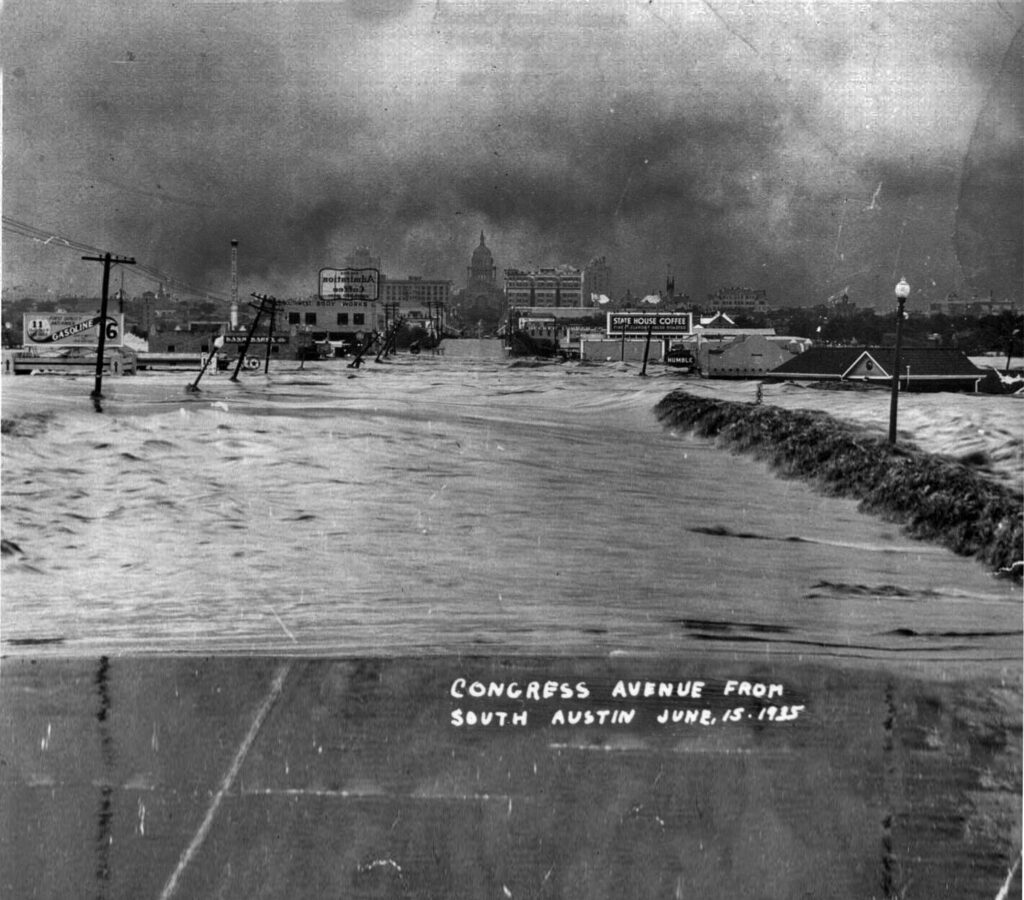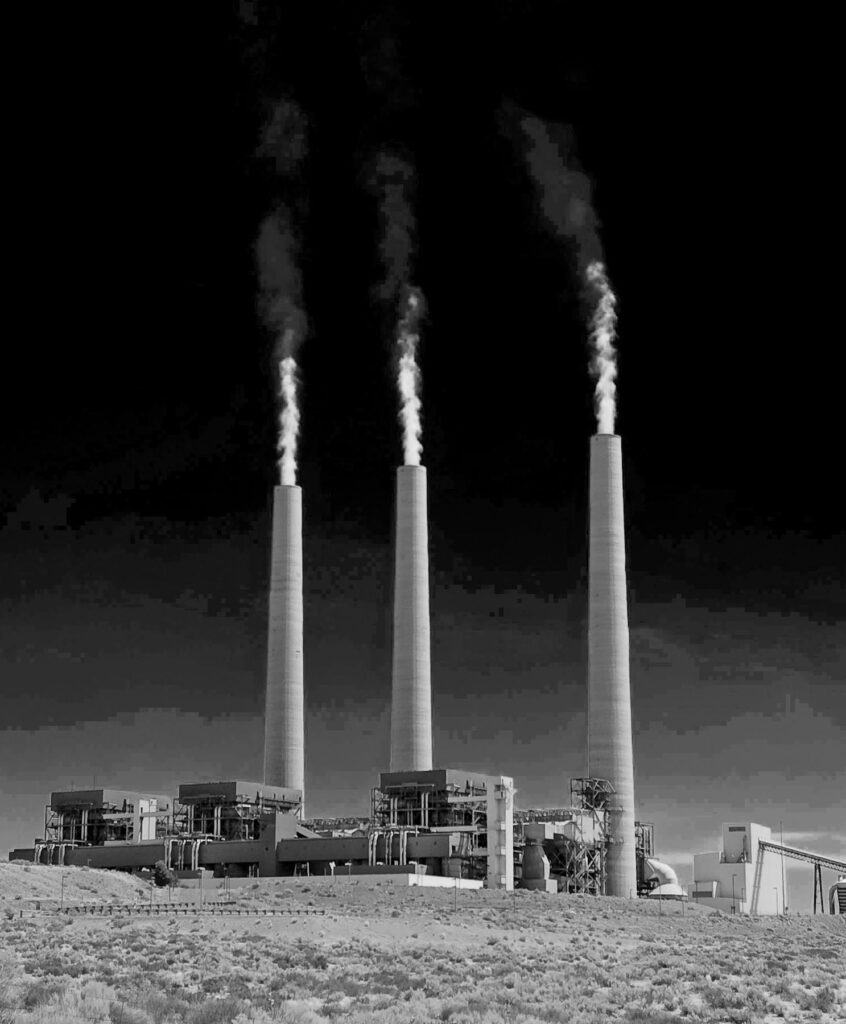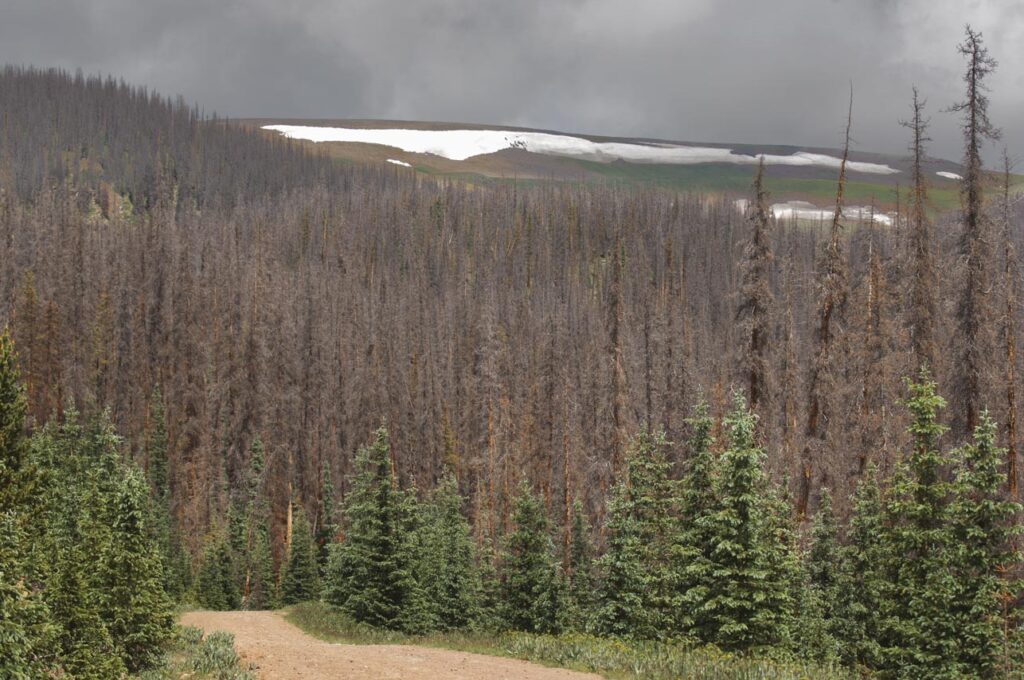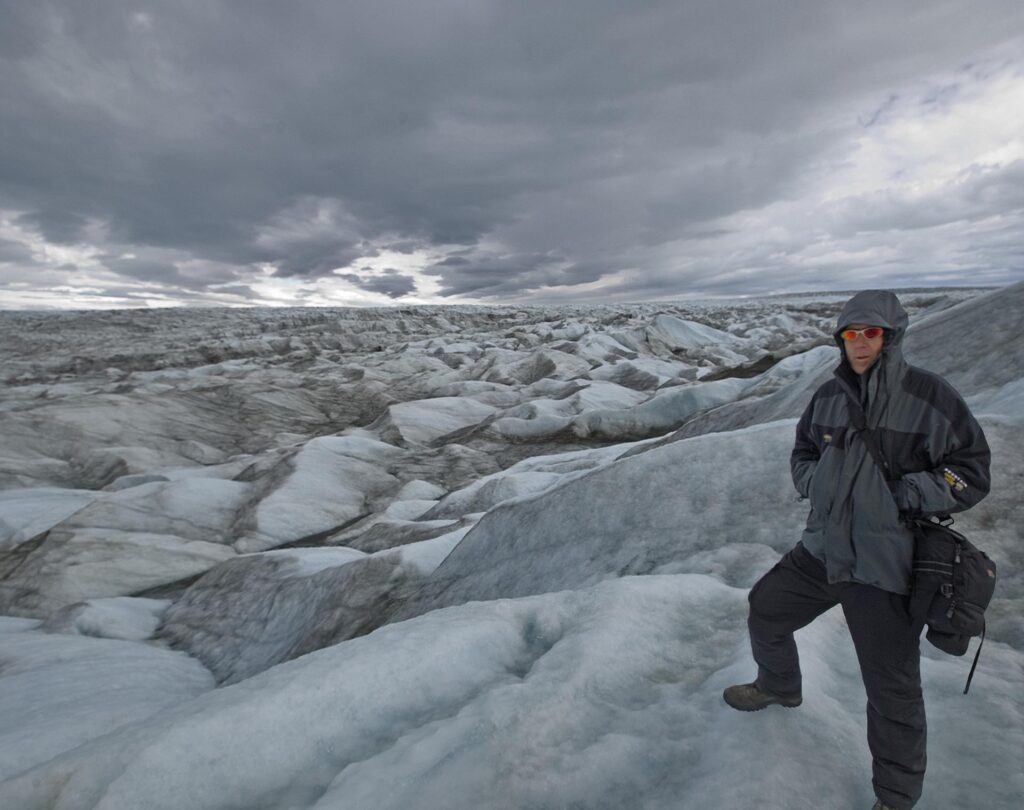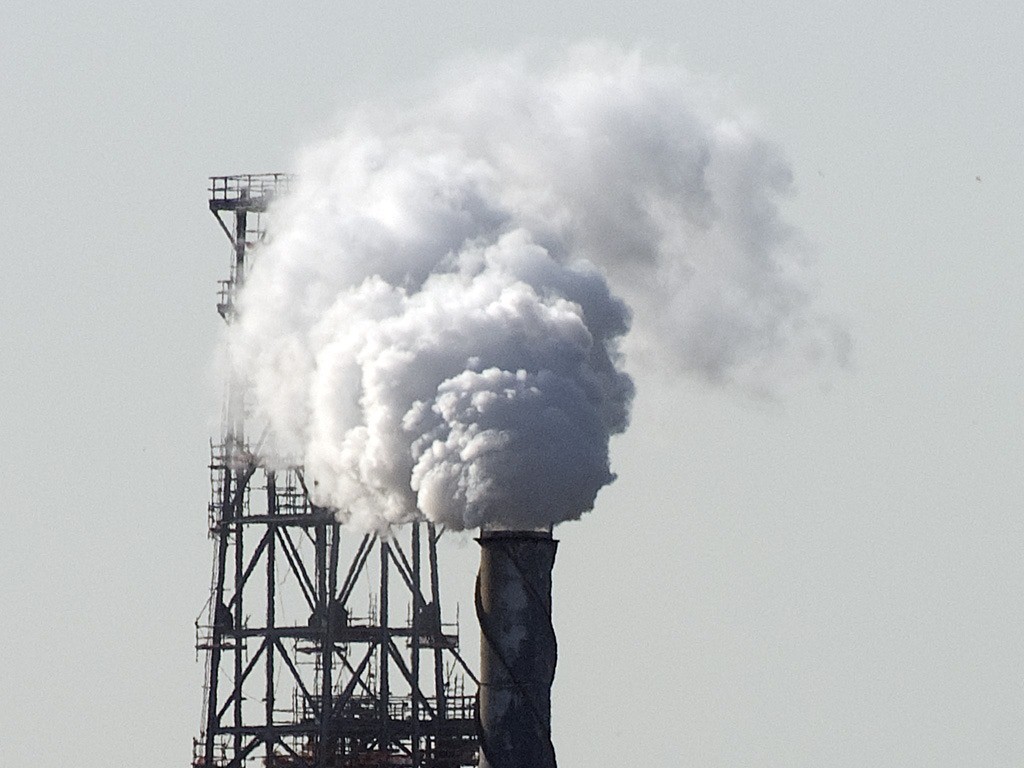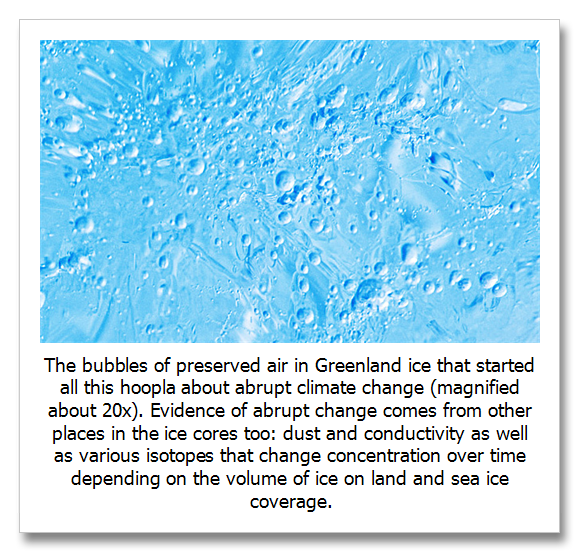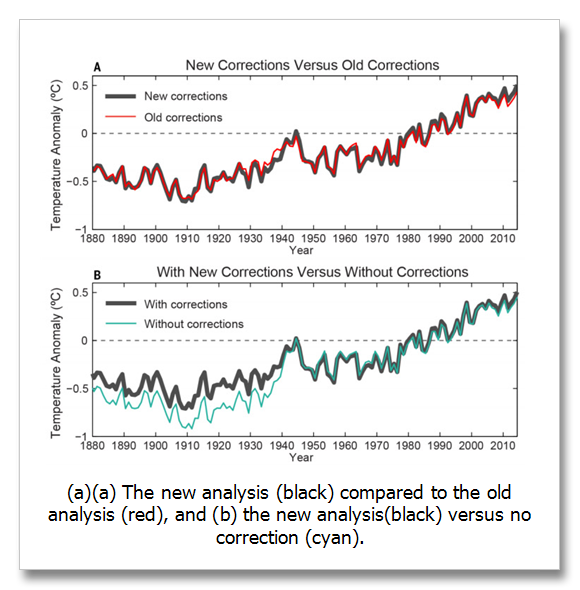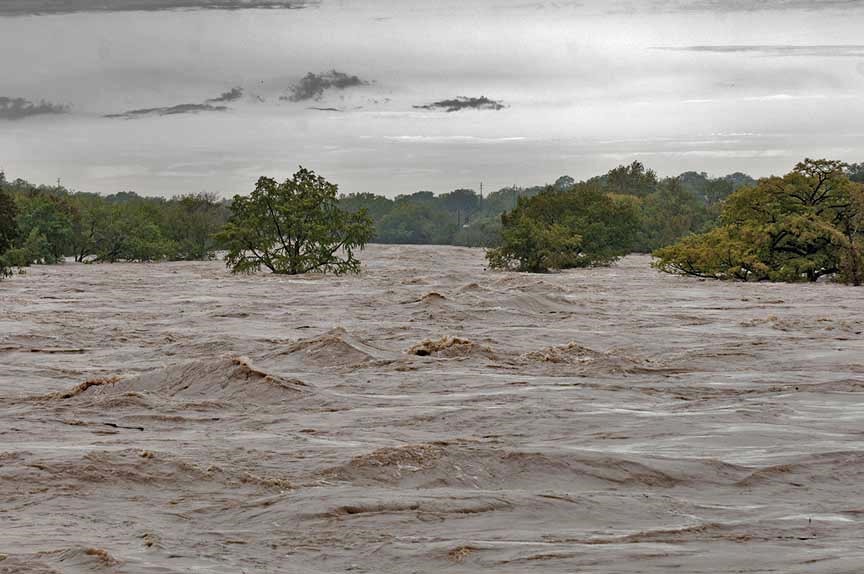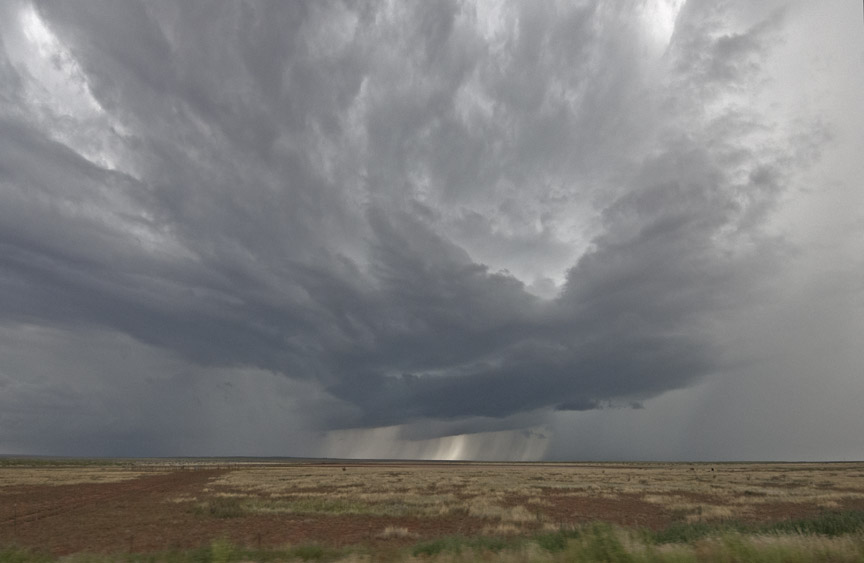
Increasing extreme storms are a big deal. Our civil infrastructure design is based on our old climate. Meteorologist across the country have been evaluating the historic record to see exactly how much change has already taken place. Climate modeling is still advancing towards being able to robustly understand exactly how much the most extreme storms will increase in the…

